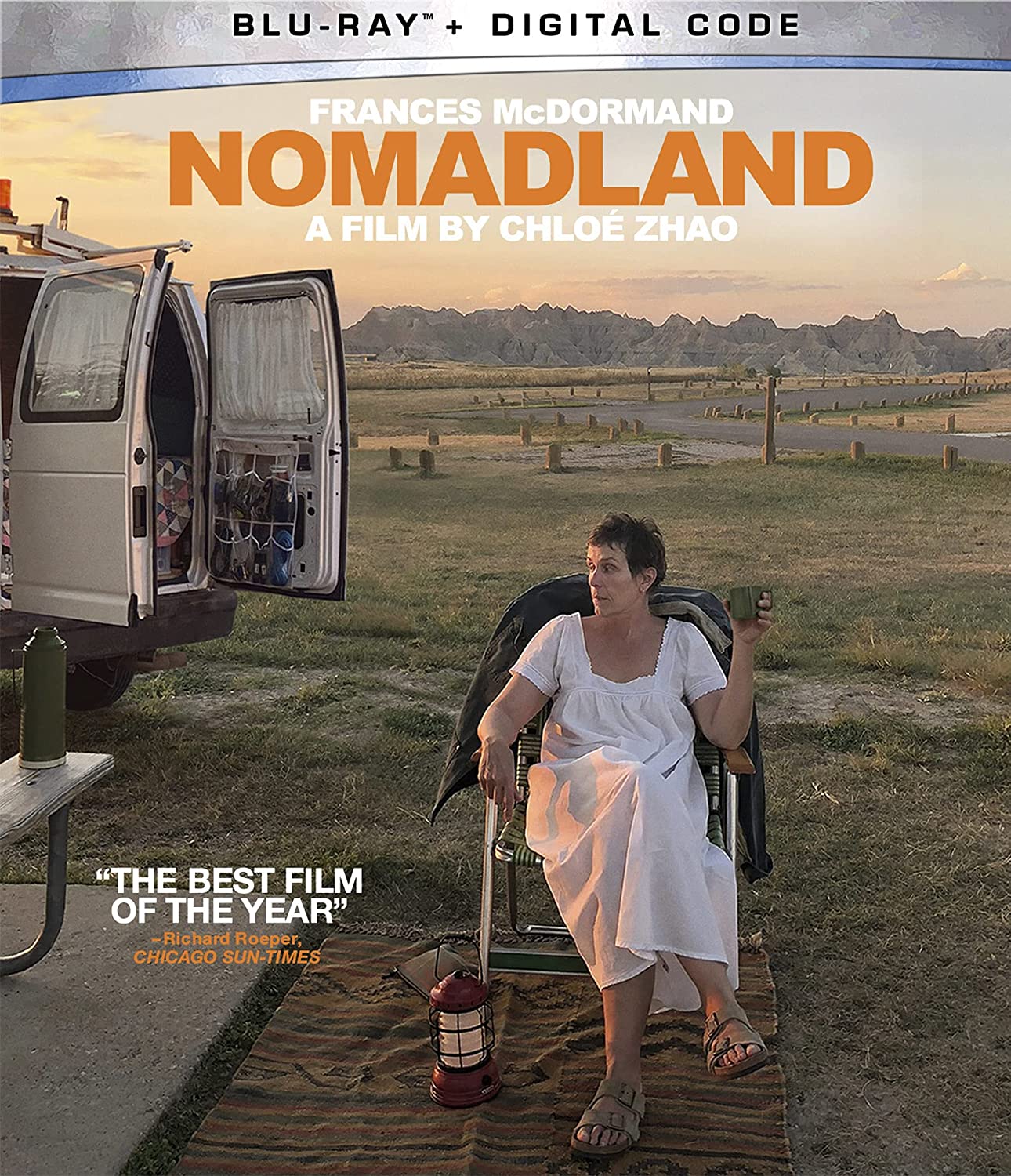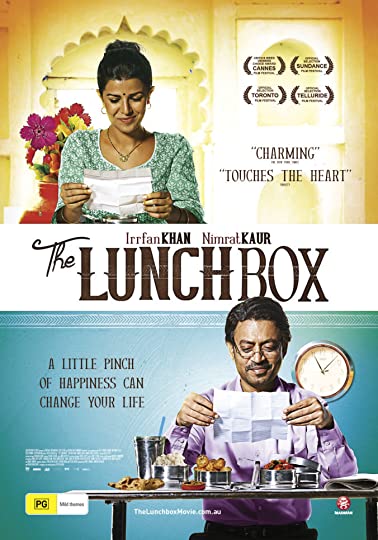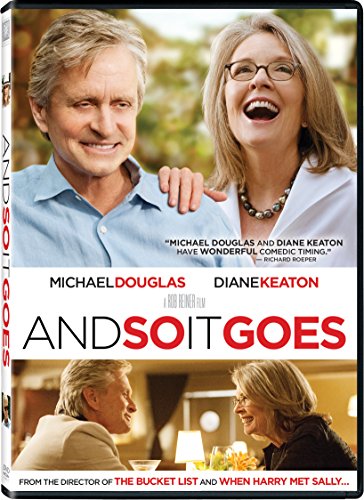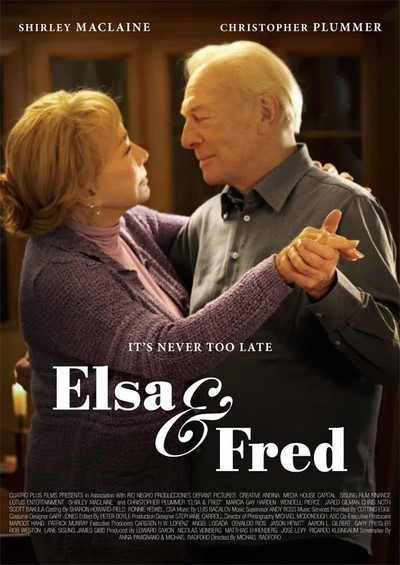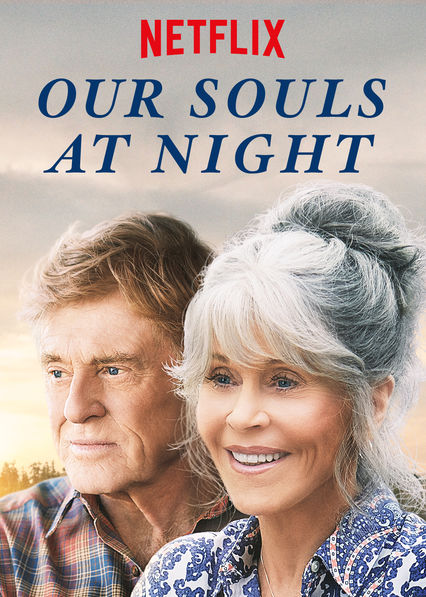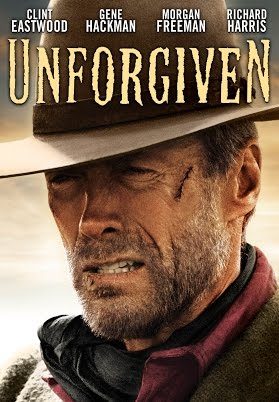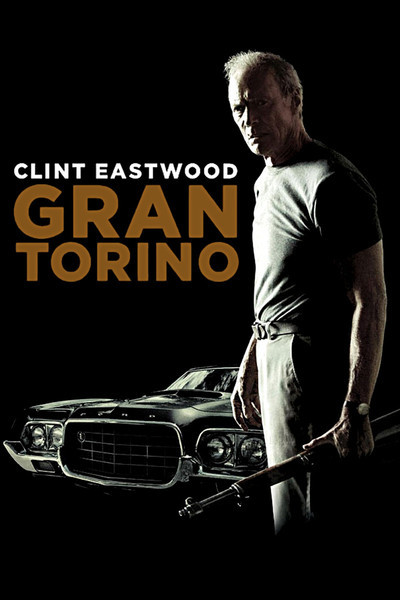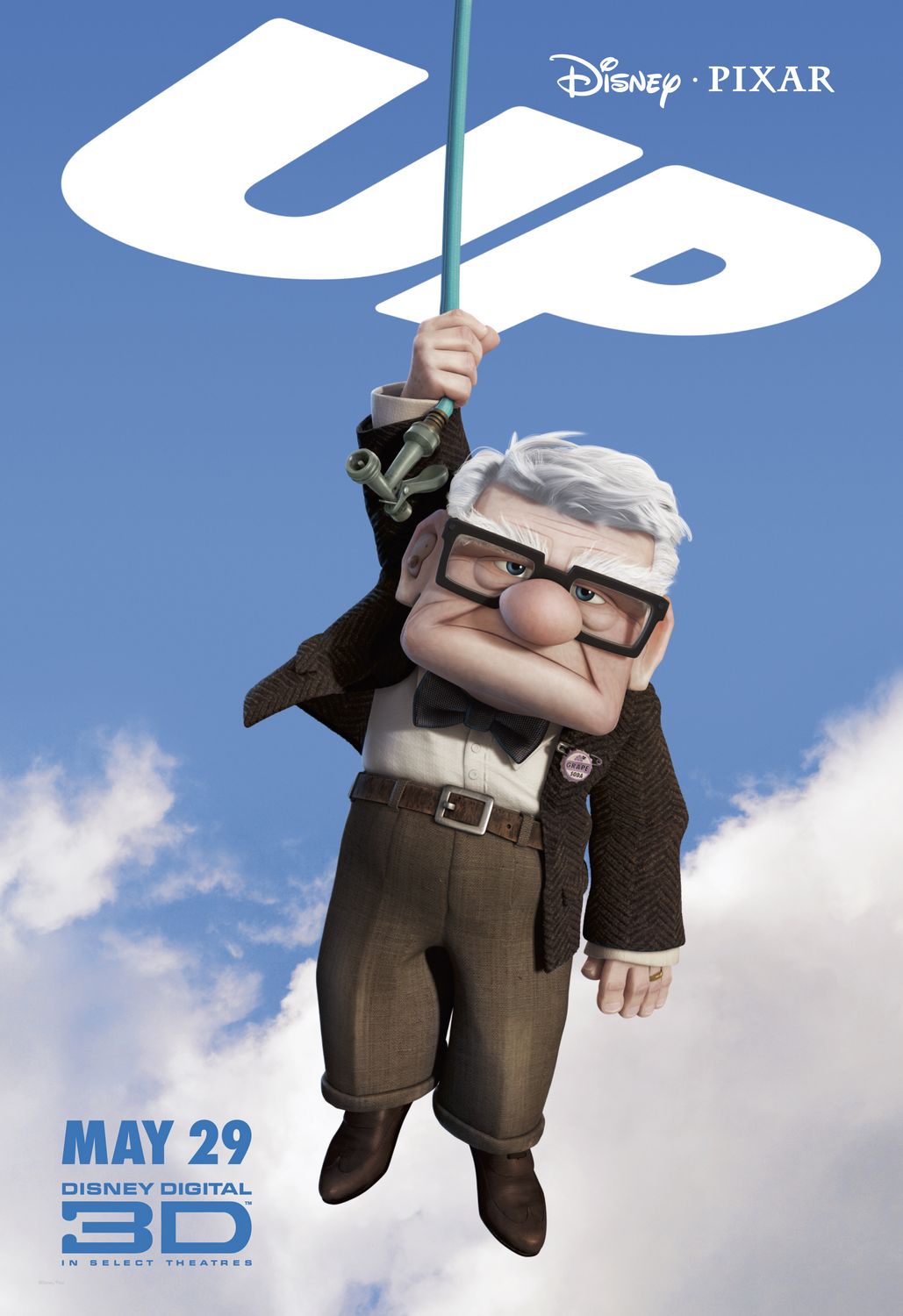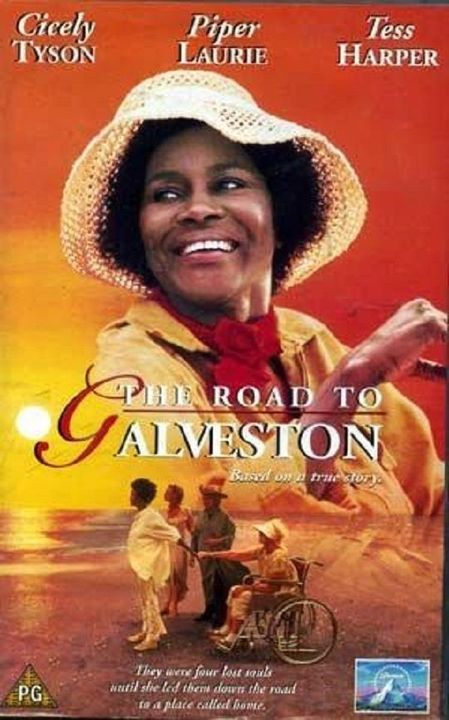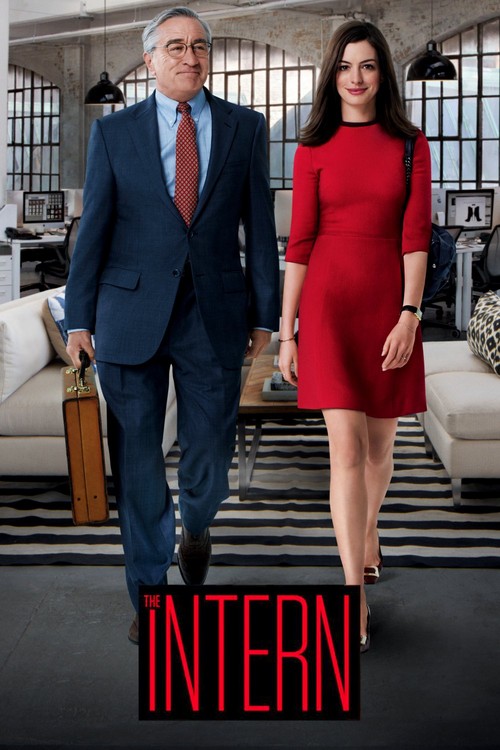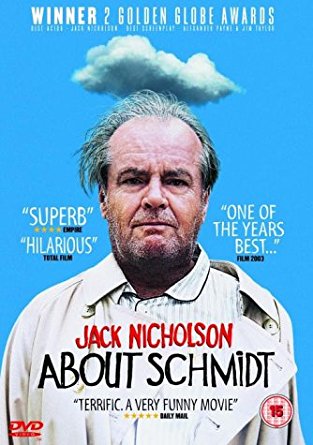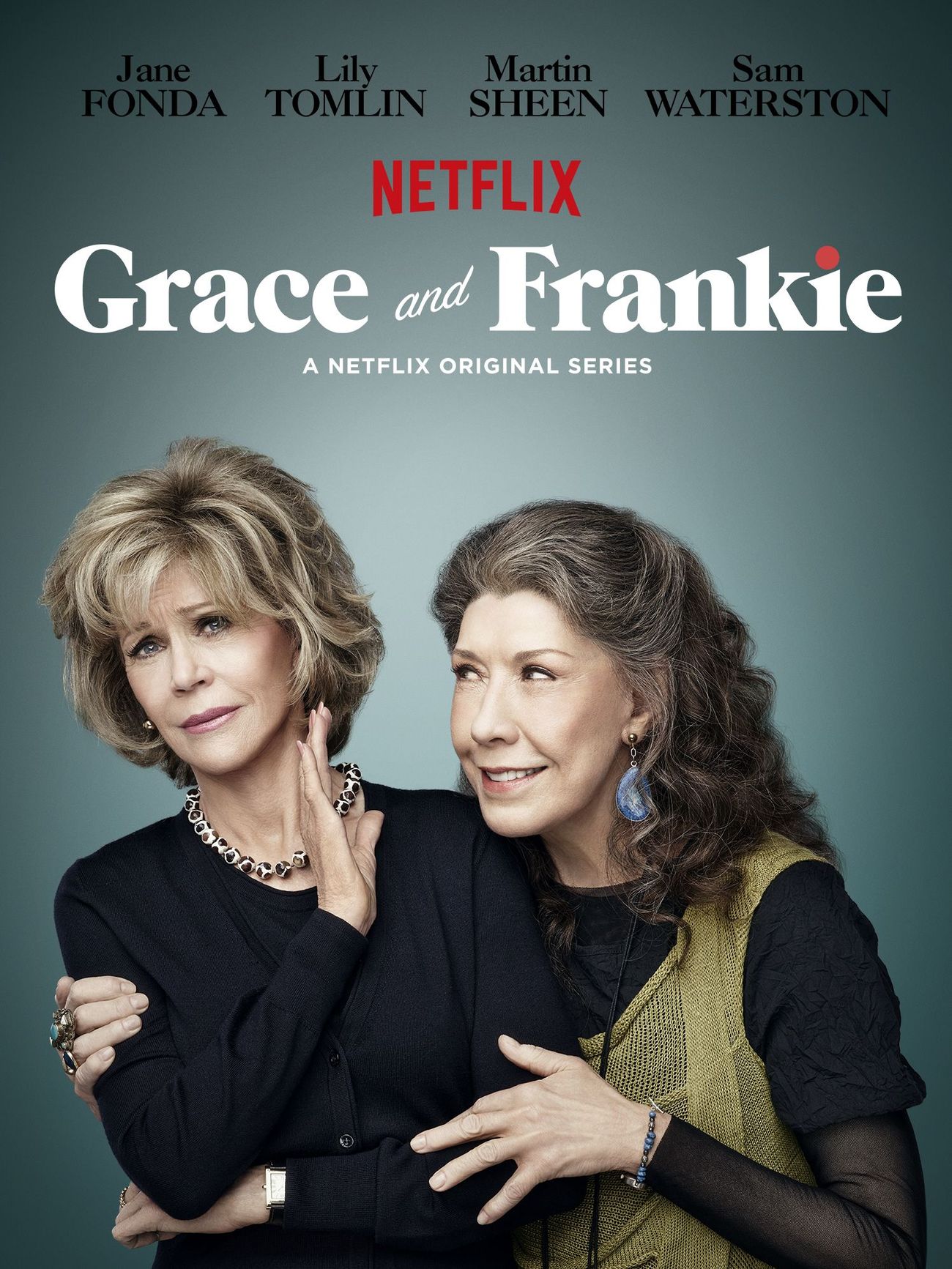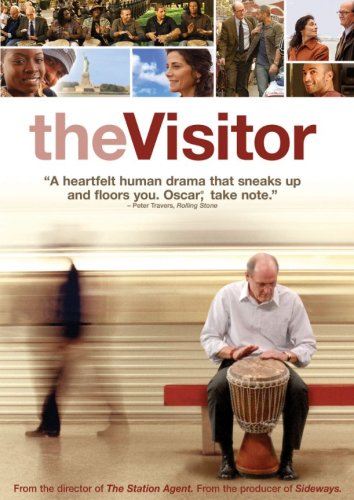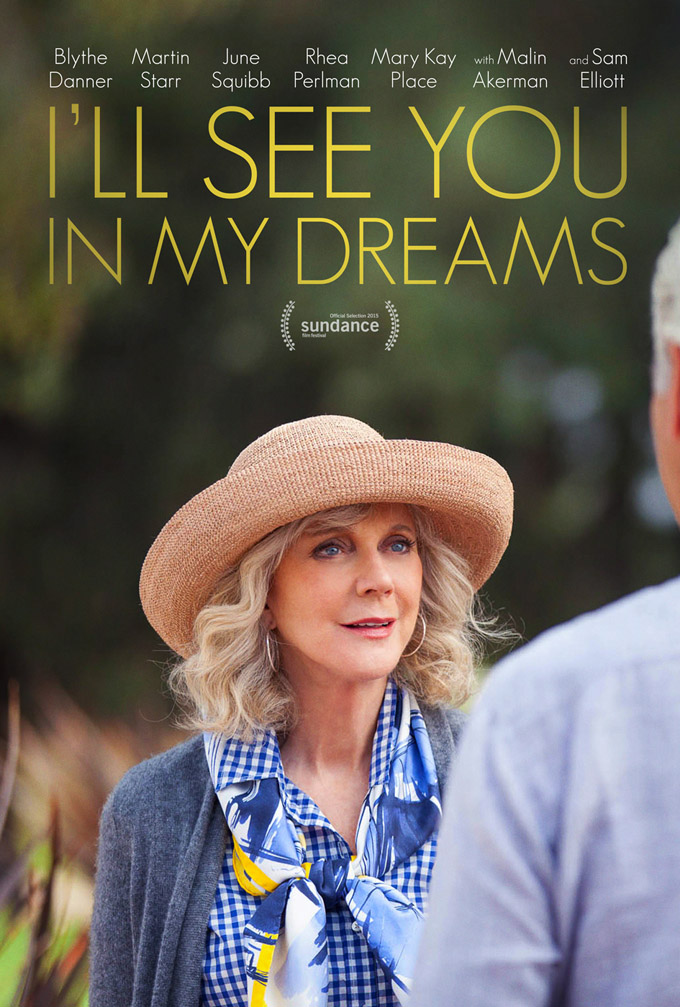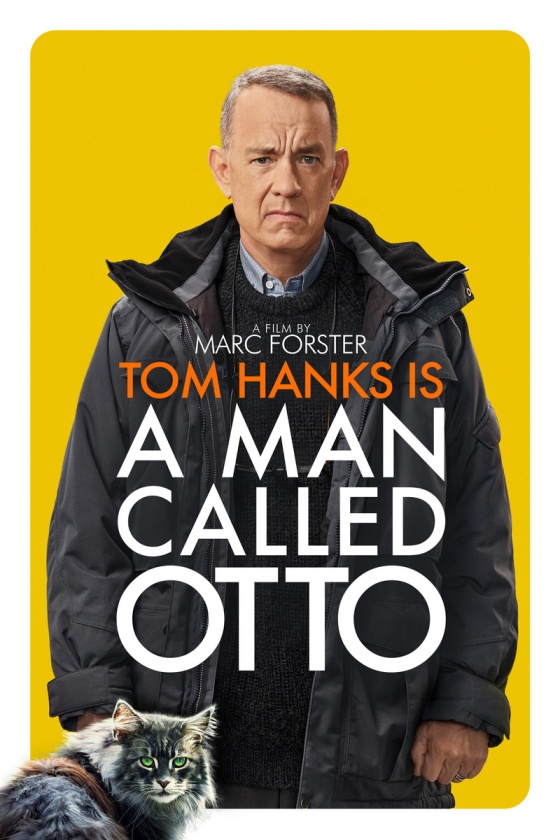
2022, USA, 126 min.
Otto (Tom Hanks) lives in a state of constant aggravation. He treats any interruption to his orderly life as a threat. The bluster hides a deep, unspeakable pain: Otto, recently widowed and forced to retire, wants to end his life. Every time he attempts to do so, life pulls him back. Quite often, he’s interrupted by his new neighbor Marisol (Mariana Treviño), whose kindness and authentic nature replenish his soul. Otto discovers, despite his best efforts, that people need him in ways he couldn’t possibly imagine. The American version of the beloved novel A Man Called Ove runs on Hanks’ inherent, unshakeable likability, which enhances the movie’s message: we are never alone. If we open our lives (and hearts) to people, rebirth is possible at any age.

